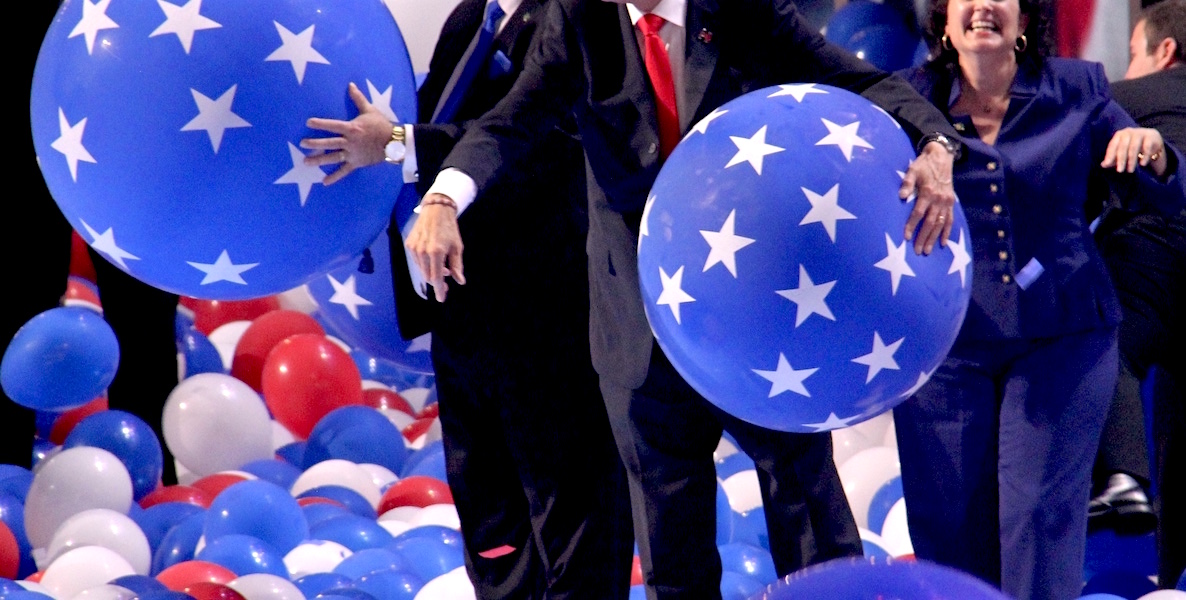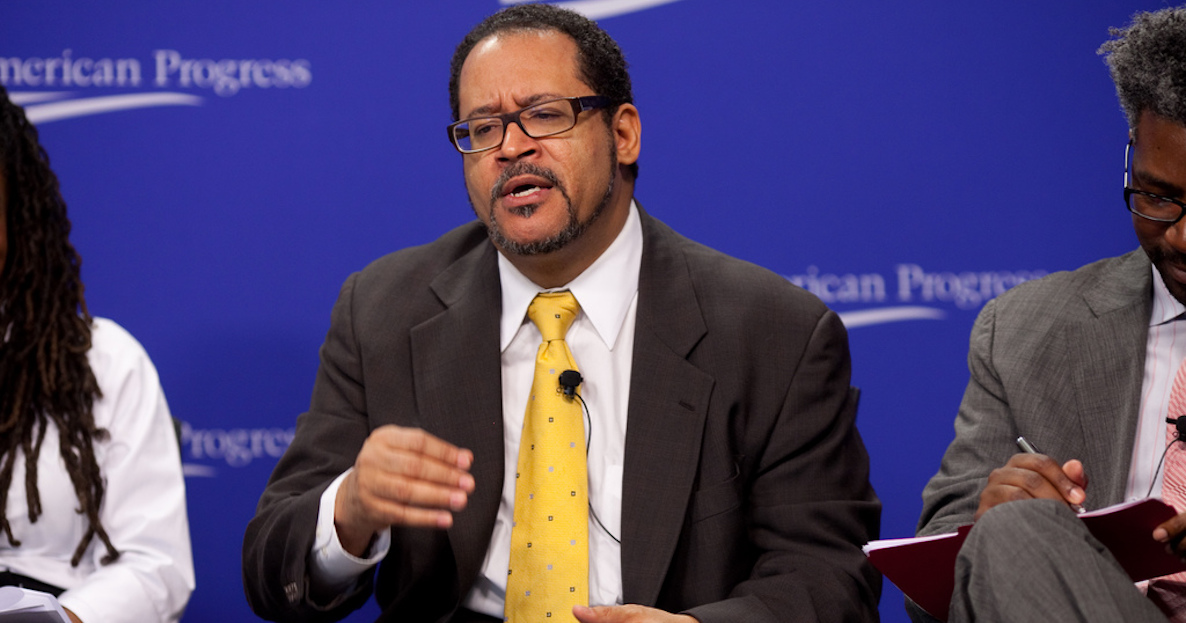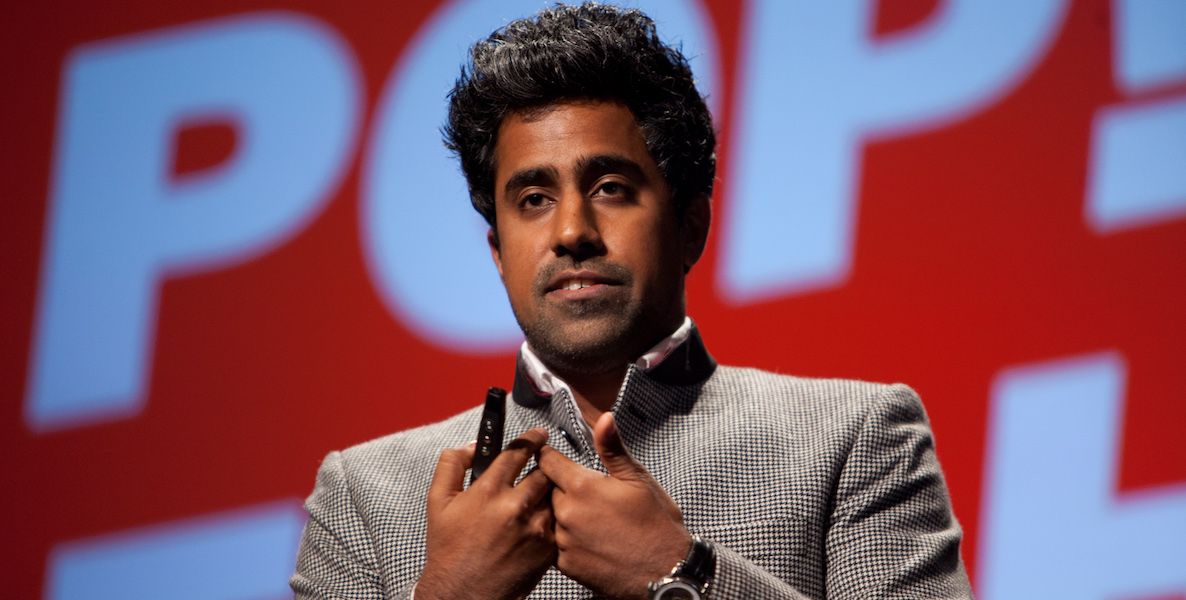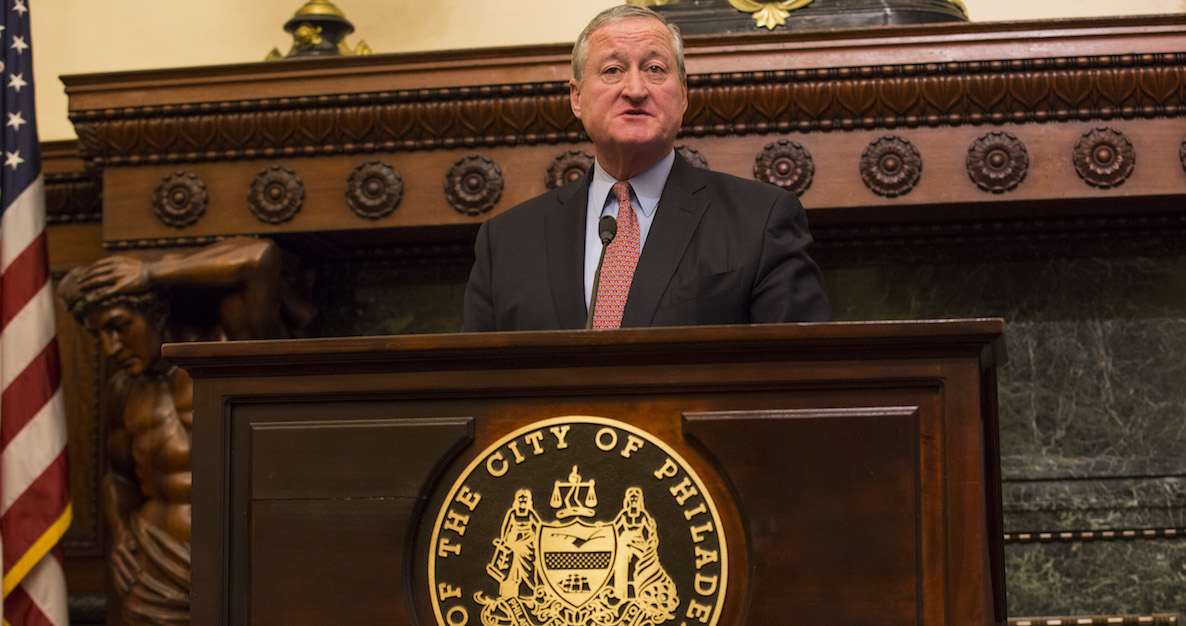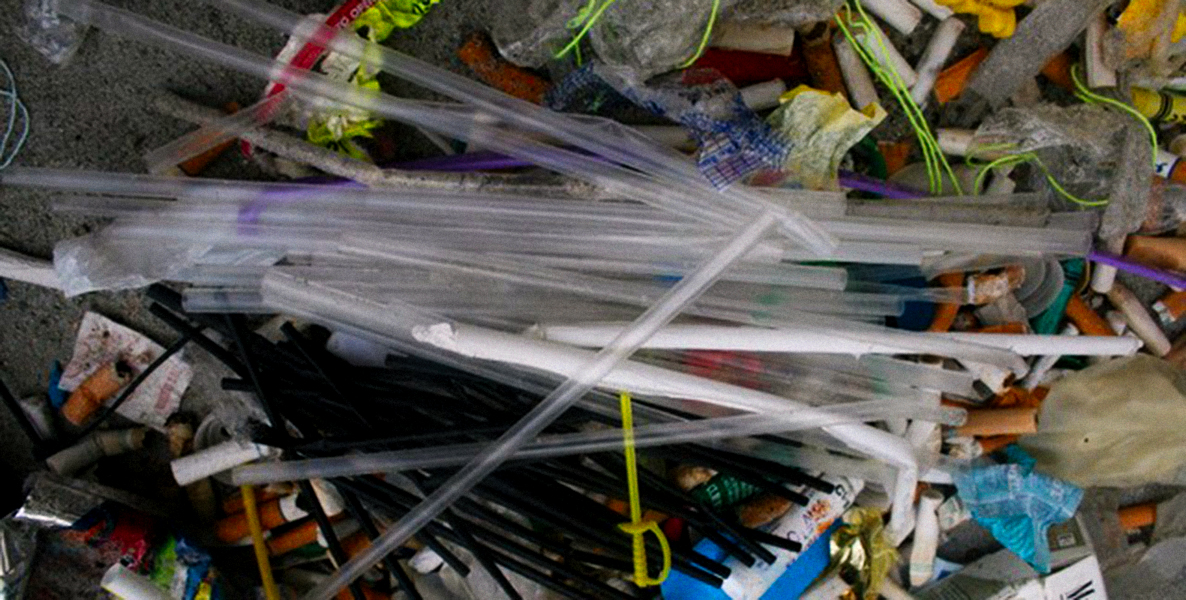Last month, the Inquirer ran a prominently placed story about the quaint Main Line borough of Narberth, the first town in Pennsylvania to ban plastic straws. It quoted residents celebrating how the community had “come together” to “push something through on the environment.”
Curiously, the story did not at all inspect the effects of what had been pushed through. In fact, the banning of plastic straws in order to reduce plastic pollution in the ocean is trending nationwide—California and Seattle have adopted similar bans, and many municipalities and states are planning to follow suit—even in the face of ample evidence that such bans will have precisely no effect in curbing marine pollution. Yes, plastic waste in the ocean is a real issue. But plastic waste in the ocean from America? Not so much.
Close to a third of all marine plastic debris comes from China, and nearly another third from places like Vietnam and Indonesia. The U.S. is actually responsible for less than 1 percent of all plastic debris in the oceans; straws account for an infinitesimal percentage of that.
This isn’t some anti-environmental brief. It is, instead, an environmentalist reminder that facts matter even when they are inconvenient to progressives. Fact-free cheerleading in favor of banning plastic straws elevates good intentions over actually moving the needle on environmental progress.
Let me be clear: This isn’t some anti-environmental brief. It is, instead, an environmentalist reminder that facts matter even when they are inconvenient to progressives. Fact-free cheerleading in favor of banning plastic straws elevates good intentions over actually moving the needle on environmental progress.
And it couldn’t come at a worse time. Last month’s Intergovernmental Panel on Climate Change (IPCC) report was damn near apocalyptic, positing that we’ll be in for widespread collapse of food yields and human displacement if we don’t cut annual global emissions by half in the next 12 years and hit net zero by the middle of the century.
![]()
Should be a call to arms, right? Time to talk about the type of real sacrifice called for when confronting existential threat, no? Instead, we’re banning plastic straws, furthering the illusion that we’re doing something in the face of a crisis. In that sense, even if unwittingly, straw banning amounts to little more than a prescription for maintaining the status quo.
How did the environmental movement become, in effect, complicit? In the summer of 2017, before he became known as the billionaire most likely to abhor Donald Trump, I asked Tom Steyer to critique the environmental movement he’d long been a part of. “We’ve failed in our messaging,” he said, noting that the green argument has long been that the sky was—quite literally—falling. “All along, the argument should have been about two things: Jobs and health.”
“I’m asking you for your good and for your nation’s security to take no unnecessary trips, to use carpools or public transportation whenever you can, to park your car one extra day per week, to obey the speed limit, and to set your thermostats to save fuel,” Pres. Carter said. “Every act of energy conservation like this is more than just common sense, I tell you it is an act of patriotism.”
In effect, what Steyer was getting at is not that dissimilar from the recent policy advice for progressives offered up by Richard Vague: Strategically, appeals to enlightened self-interest through “kitchen table issues” carry more weight and engender more action than doom and gloom scenario painting.
![]()
And there’s plenty of case to make: The green economy is where the future jobs are. Yes, solar panels and electric cars make up only two percent of their respective markets—but they are the fastest growing segments of those markets. On Politico.com, Michael Grunwald, author of the excellent The New New Deal: The Hidden Story of Change in the Obama Era, makes the case that U.S. solar capacity has jumped 5,000 percent in a decade, while its cost has dropped 80 percent. (The cost of wind power over the same period has dropped 50 percent.)
In other words, despite Trump’s pro-coal rhetoric, it’s a settled issue: The future of economic growth is green. Embrace that, and you’ll be saving the planet. But it’s hard to get buy-in on that front if the implication is that, by signing a petition to ban straws, you’ve done your part.
The green economy is where the future jobs are. Yes, solar panels and electric cars make up only two percent of their respective markets—but they are the fastest growing segments of those markets.
Especially in light of the IPCC report, we need, instead, some unifying tough talk. The kind we got back in 1979, when then President Jimmy Carter, at the height of the energy crisis, took to national TV and told the American people we were in a “crisis of confidence.” He said the energy crisis and our dependence on foreign oil was the “moral equivalent of war” and called for shared sacrifice in the form of widespread conservation. It came to be called the “malaise” speech—even though the word “malaise” was never uttered.
Carter’s poll numbers shot up 11 percent overnight: Finally, some straight talk. But then Ronald Reagan from his right and Teddy Kennedy from his left accused Carter of blaming America, rather than leading it. The era of finger-to-the-wind pandering had dawned, a context that helps explain too-good-to-be-true easy fixes like banning plastic straws today.
It’s worth hearing what a real call to sacrifice sounds like, and to pause over just how prescient Carter was:
In a nation that was proud of hard work, strong families, close-knit communities, and our faith in God, too many of us now tend to worship self-indulgence and consumption. Human identity is no longer defined by what one does, but by what one owns. But we’ve discovered that owning things and consuming things does not satisfy our longing for meaning. We’ve learned that piling up material goods cannot fill the emptiness of lives which have no confidence or purpose…We are at a turning point in our history. There are two paths to choose. One is a path I’ve warned about tonight, the path that leads to fragmentation and self-interest. Down that road lies a mistaken idea of freedom, the right to grasp for ourselves some advantage over others. That path would be one of constant conflict between narrow interests ending in chaos and immobility… Energy will be the immediate test of our ability to unite this nation, and it can also be the standard around which we rally. On the battlefield of energy we can win for our nation a new confidence, and we can seize control again of our common destiny. I’m asking you for your good and for your nation’s security to take no unnecessary trips, to use carpools or public transportation whenever you can, to park your car one extra day per week, to obey the speed limit, and to set your thermostats to save fuel. Every act of energy conservation like this is more than just common sense, I tell you it is an act of patriotism.
Who talks like that nowadays? Yes, Carter could be a downer. A scold. But he also was telling the nation what it needed to hear. And it worked for a time, before others conned voters into believing that change doesn’t come with a pricetag.
It’s close to 40 years since Carter’s call to unity and if there’s anything that could catalyze a contemporary “we’re all in this together” ethos it’s that apocalyptic IPCC report. But have you heard any call to arms? Instead, we get more towns like Narberth jumping on the plastic straw banning bandwagon, with media reports in The New York Times, National Geographic, and USA Today, among others, dutifully repeating the talking point that Americans use 500 million straws a day. Well, it turns out, as USA Today reported in something of a mea culpa, that that statistic was pretty much the guess of a nine-year-old.
Facts are under assault everywhere in Trump’s America, and it behooves us to call progressives out when, borrowing from the Trump playbook, they similarly refuse to let the facts get in the way of a good story. The fact is that we’re in crisis and it’s going to demand a lot more from each of us, beyond not using straws, to do what Carter long ago implored: Seize control again of our common destiny.



